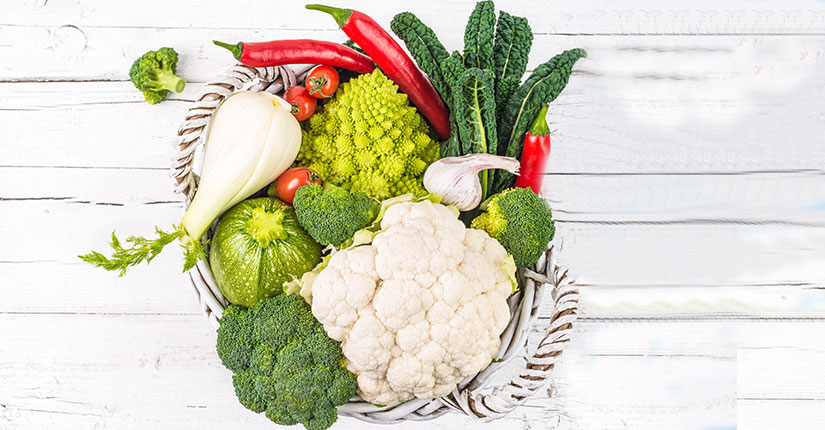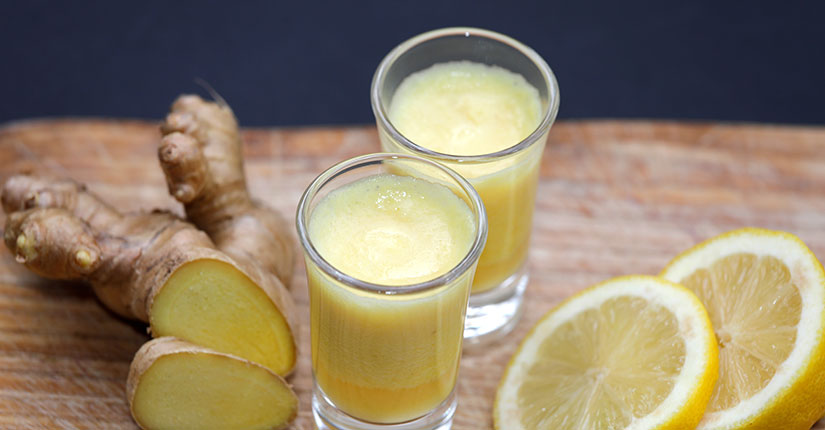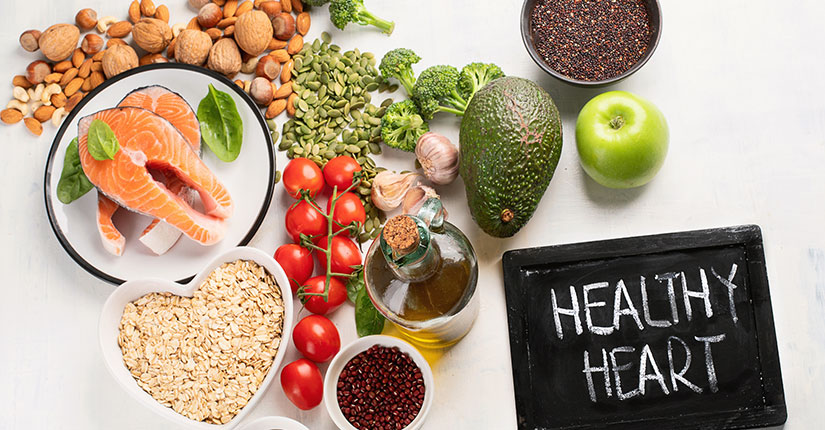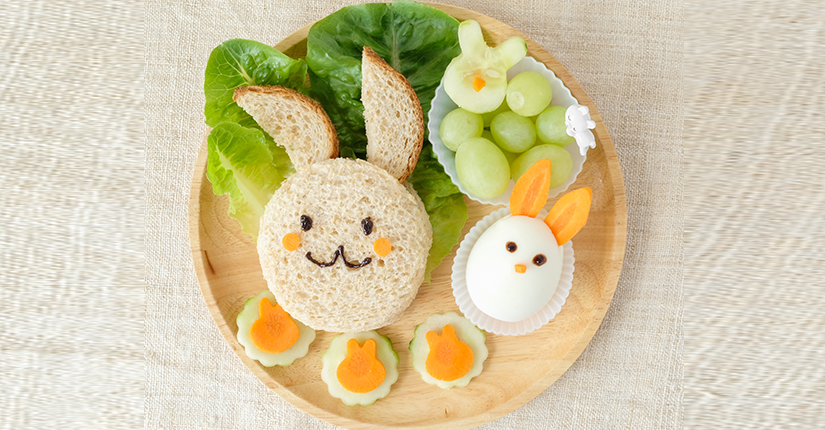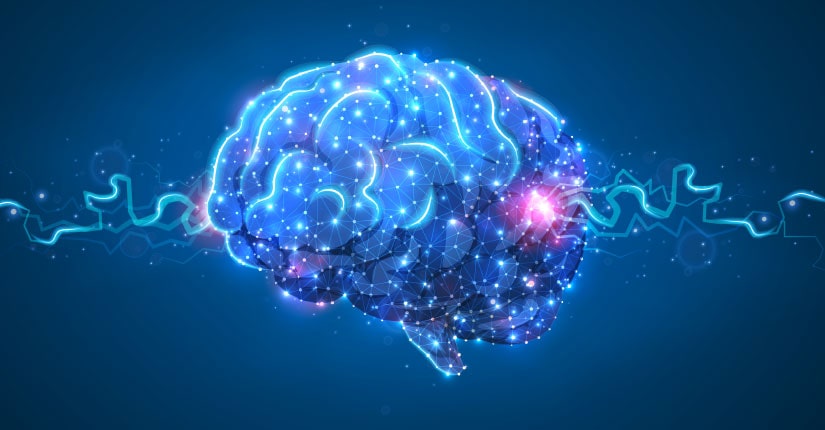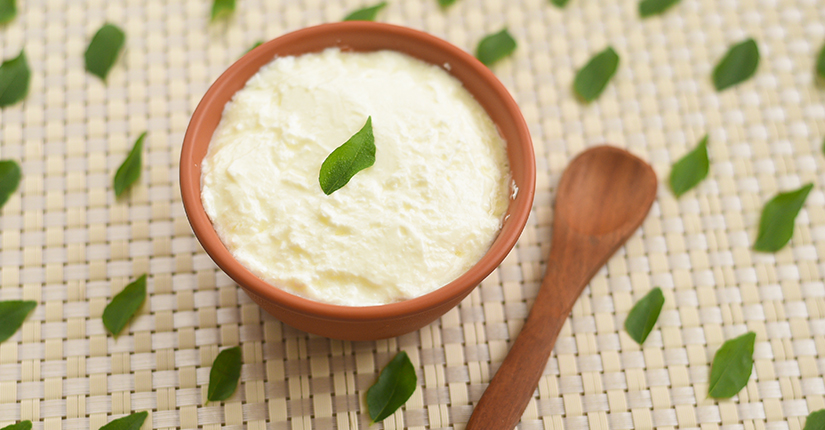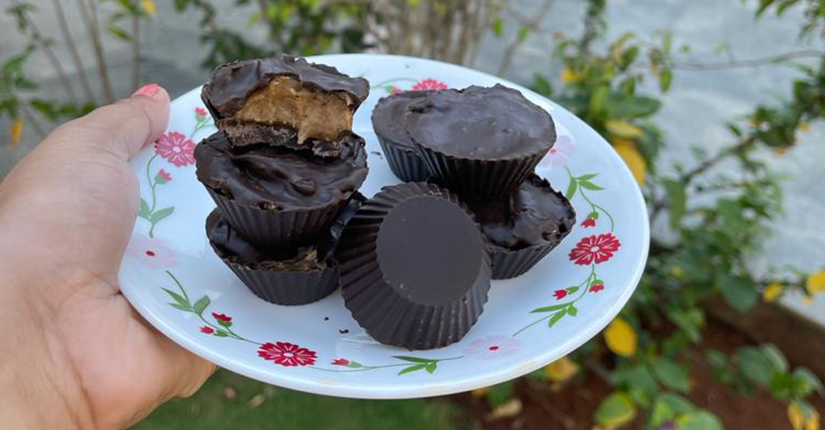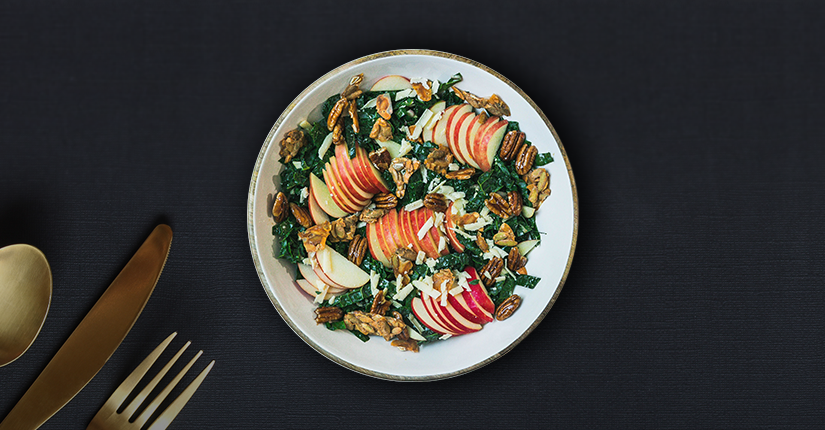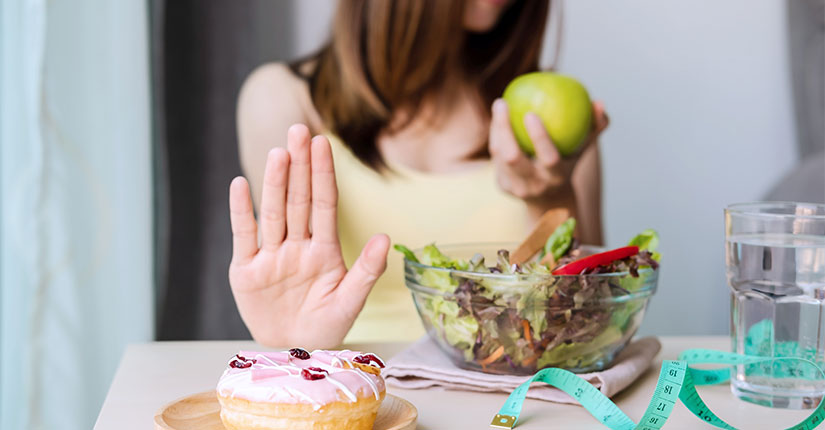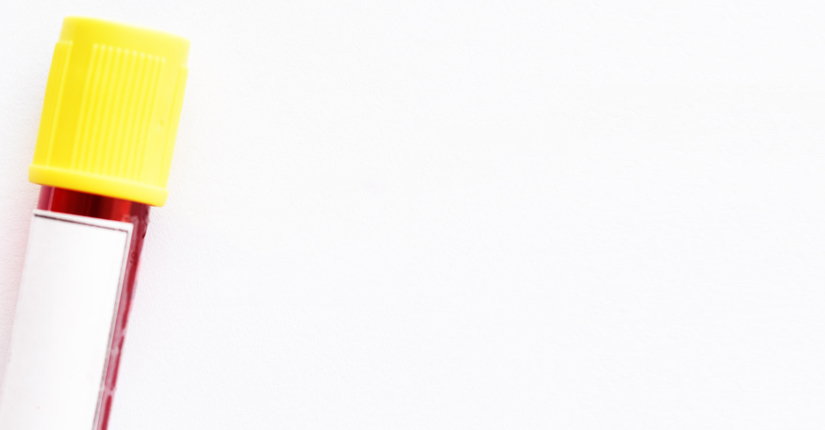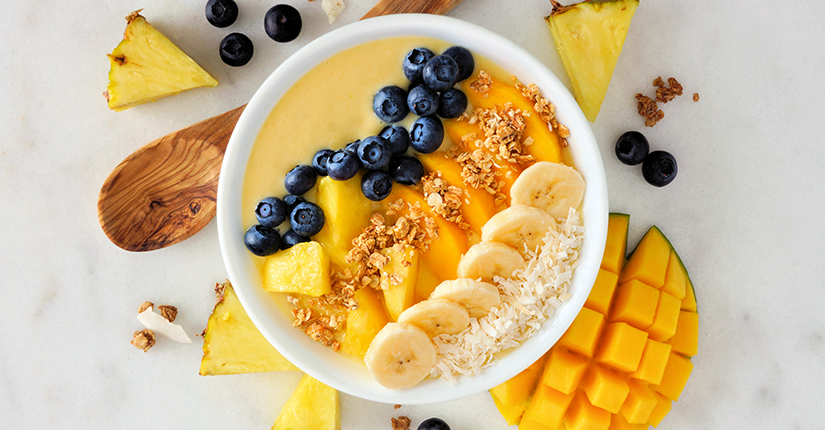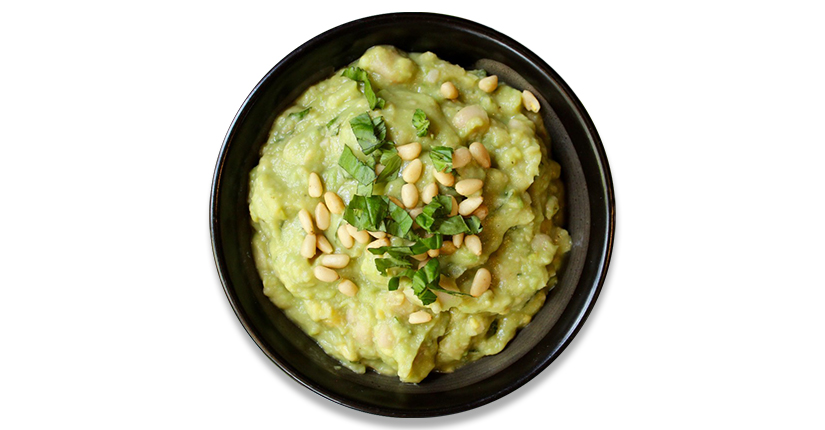Repair your Thyroid – 5 Foods to Eat and Avoid During Thyroid.
By Nmami Agarwal 20-Jan 2021 Reading Time: 6 Mins
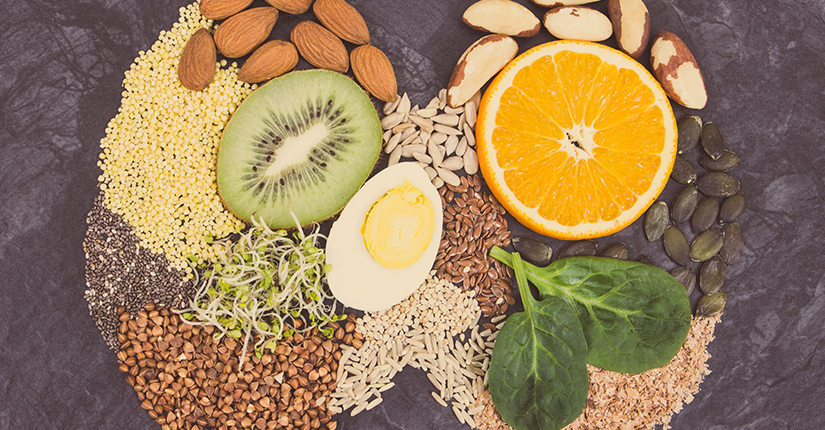
Your thyroid plays an important role in regulating your fertility, weight, mood and so forth. It’s responsible for liberating hormones that manage a huge amount of bodily functions. There’s a range of unwanted side effects that you can’t even imagine when it comes to thyroid. A person’s diet may have a significant impact on the symptoms of hypothyroidism. Some foods can be beneficial while others might make it worse or interfere with medications.
What is hypothyroidism?
The thyroid gland looks smaller in shape almost like a butterfly that sits near the base of your neck.
It stores and makes thyroid hormones that affect nearly every part of the cell in your body (3Trusted Source).
When the thyroid gland gets a signal called TSH (thyroid-stimulating hormone), it releases thyroid hormones into the bloodstream. This signal is then sent from the pituitary gland, a small gland found at the base of our brain, when thyroid hormone levels are comparatively low.
5 foods that are good for your thyroid
- Seaweed: Seaweed is rich in iodine, we need this for thyroid to function properly, according to some doctors. But one should not overdo it—one seaweed salad a week is enough for a healthy body.
- Eggs: Eggs contain selenium and iodine, another nutrients that helps in regulating your thyroid hormones.
- Yogurt: Yogurt and some other dairy products is considered as a good source of iodine which helps in regulating thyroid hormones.
- Chicken or beef: Meats are also a good source of zinc, another important thyroid nutrient that you need for the proper functioning of the body.
- Berries: Berries contain antioxidants which protect us against damaging free radicals, which are observed high in people who suffer from thyroid problems.
5 foods that are bad for your thyroid
- Soy
Soy based products like soybean flour or tofu contain high amounts of protein, are low in fat and are packed with nutrients. However, with all the goodness, they also contain the female hormone estrogen which interferes with our body’s absorption of synthetic thyroid hormone.
You don’t have to stop consuming soy entirely, there needs to be certain limitations. If you are planning to eat soy, wait for at least three hours after taking your hypothyroidism medicine before consuming it. - Cruciferous vegetables
Cruciferous vegetables like cabbage, broccoli, and brussels sprouts contain high amounts of fiber and vitamins, and they help in protecting us against cervical cancer and other diseases. These vegetables are linked with hypothyroidism when eaten in very large quantities. But If you add just one part of a wide variety of vegetables in your diet, they shouldn’t be a problem. - Alcohol
Consuming too much of alcohol will interact with your levothyroxine which further can drastically damage your liver. Because your liver breaks down drugs like thyroid hormone to excrete them out from your body, alcohol-induced liver damage could lead to too much levothyroxine in your system. Consult with your doctor to confirm whether it’s safe for you to have alcohol, and how much is okay for you to drink. - Gluten
The protein found in grains like rye, wheat, and barley — doesn’t directly affect thyroid function.
If you have symptoms like stomach ache, abdominal bloating, vomiting and diarrhea after you consume foods that contain gluten, we suggest you see your doctor for a celiac blood test. Eliminating gluten from your diet might relieve these symptoms. - Iron and calcium
Both of these minerals may interfere with the absorption of your thyroid hormone medicine. Whole foods that contain iron and calcium are safe to eat, avoid them in supplement form.
Over to you:
Now you can repair your thyroid problems with the foods we have mentioned above. Also try avoiding the foods which can be harmful for your body.

